The top HRV monitors accurately track heart rate variability throughout day and night, providing valuable insights for enhancing overall health and well-being. Modern trackers are designed to monitor heart activity during various activities, including sleep and workouts.
Understanding the impact of factors like diet, nutrition, exercise, and sleep on heart rate variability is crucial for optimizing performance. To assist in choosing the right HRV monitor, we have compiled a list of reviewed devices available in the market.
The measurement of HRV is significant as it offers insights into one’s current and future health status, providing an additional perspective on how the nervous system copes with different stressors.
In my quest to identify the best heart rate variability devices, I conducted thorough online research to find the highest-rated and most recommended products from reputable brands in the heart rate monitor industry. The resulting list of HRV trackers is provided for easy comparison and informed decision-making.
1. WHOOP 4.0
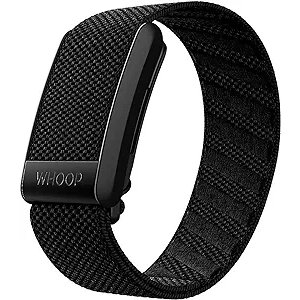
The WHOOP wearable fitness device distinguishes itself with its comprehensive monitoring capabilities, making it an invaluable tool for health and wellness enthusiasts. The package includes a 12-month WHOOP membership, 4.0 hardware, Onyx SuperKnit band, and a waterproof battery pack, catering specifically to first-time WHOOP members. Its compatibility with smartphones, tablets, laptops, and desktops ensures convenience for users across a variety of devices.
Engineered for continuous monitoring, WHOOP captures crucial physiological data, encompassing heart rate, respiratory rate, resting heart rate, heart rate variability, skin temperature, blood oxygen levels, daily activity, and sleep patterns. This abundance of information empowers users to develop a profound understanding of their overall health and monitor their progress over time.
WHOOP adopts an insight-driven approach, providing personalized guidance with clear, science-backed next steps to optimize health and performance. The WHOOP Journal facilitates the logging of daily behaviors, aiding in the identification of factors influencing sleep and recovery. The device’s on-the-go charging feature ensures uninterrupted data tracking for extended periods, thanks to its waterproof battery pack.
With a 24/7 Member Support team, WHOOP emphasizes customer satisfaction, promptly addressing issues ranging from charging concerns to membership queries. Its FSA/HSA eligibility further enhances its appeal, as WHOOP seamlessly blends advanced technology, personalized insights, and practical features to support users in their pursuit of improved health and overall well-being.
2. Polar H7
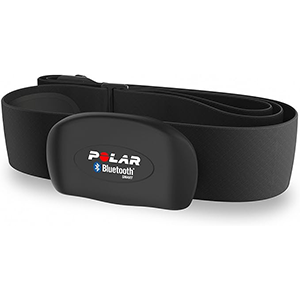
The Polar H7 Bluetooth Heart Rate Sensor remains a highly recommended HR sensor endorsed by HRV app developers.
With a remarkable track record spanning over 30 years since its inception in 1979, Polar has consistently produced top-tier heart rate monitors for exercise. The H7 model seamlessly integrates with the Polar Beat app, accurately tracking both heart rate and calories burned.
Notably, the H7 sensor facilitates the 4-minute daily orthostatic test when paired with the Polar Vantage V watch, allowing users to monitor their HRV average and recovery status each day.
Featuring a comfortable chest strap available in two sizes, this product is crafted by a well-established company specializing in exercise and heart rate products.
However, some user reviews point out potential challenges, including occasional difficulties in connecting to the Polar Beat app and potential disruptions in the connection during workouts. Additionally, there have been reports of subpar customer service from the company.
Despite these considerations, the Polar H7 Bluetooth Heart Rate Sensor remains a reliable choice, valued for its accuracy, comfort, and integration with HRV-focused applications, making it a preferred option for those keen on monitoring their heart health during exercise.
3. Polar H10

While chest straps are optimal for activity monitoring rather than all-day wear, research indicates they are the most accurate method for heart rate monitoring.
The Polar H10 stands out as one of the most reputable sensors in this category, utilizing ECG (electrocardiogram) electrodes—the same method employed by doctors in hospitals for ECG tests—to measure the heart’s electrical activity.
This versatile strap connects seamlessly to your smartphone, broadcasts to equipment via Bluetooth, and syncs with popular fitness apps. All metrics are conveniently accessible through the free corresponding app and, if you have the brand’s smartwatch (sold separately), on the watch as well. Moreover, it easily pairs with most other trackers, irrespective of the brand.
Athletes of all levels praise the Polar H10 for its reliable data and comfortable fit, with an impressive battery life of up to 400 hours. The only potential drawback is its intended use during activity rather than 24/7, making it less suitable for continuous wear during work or sleep.
Overall, the Polar H10 chest strap emerges as a highly recommended choice for those seeking accurate and reliable heart rate monitoring during physical activities.
4. Garmin Forerunner 255
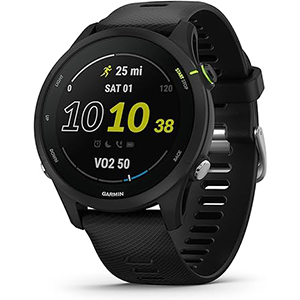
Garmin, a prominent name in activity tracking, particularly resonates with athletes across diverse skill levels. The Forerunner series, a favorite among runners and triathletes, stands out for its extensive features.
This watch offers high-quality GPS tracking for various activities, AI-driven coaching, and an optional built-in music library, catering not only to runners but to individuals seeking versatile fitness tracking.
Beyond its athletic focus, the Forerunner 255 proves beneficial for everyday use, providing features like calendar access, phone notifications, and contactless payments. The Morning Report feature offers a convenient overview of overnight HRV and recovery status directly on the watch or through the brand’s free app for a more detailed analysis.
Available in two case sizes and several color options, the Forerunner 255 caters to individual preferences. As a chest strap wearable, it boasts a substantial battery life of up to 400 hours and waterproof capabilities up to 30 meters.
For a comprehensive view of HRV, users can access the data within the Garmin app, enhancing the overall experience of monitoring and optimizing their fitness and recovery.
5. Fitbit Inspire 3
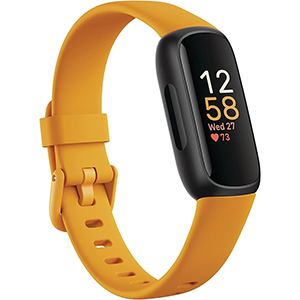
Although it may not cater to advanced athletes, the compact Fitbit Inspire 3 stands out as a cost-effective option without compromising on data measurement.
Despite its smaller screen, this smartwatch boasts impressive features, including GPS activity tracking, push notifications from your phone, and continuous heart rate monitoring. The Fitbit app offers valuable insights into sleep performance, workout statistics, and heart rate variability.
While the basic metrics are complimentary, opting for the premium membership at $10 per month unlocks additional benefits, such as a more advanced wellness report, a daily Readiness Score, community features, mindfulness meditations, and programmed workouts.
Functioning as a wristwatch, the Fitbit Inspire 3 offers a commendable battery life of up to 10 days and is water-resistant up to 50 meters. The heart rate variability data can be conveniently viewed within the Fitbit app, making it a practical and accessible choice for those seeking comprehensive health tracking without breaking the bank.
Our process for choosing the best HRV monitors
Our process for choosing the best HRV monitors involved a thorough evaluation to ensure a comprehensive selection. Key criteria considered during the selection process included:
Brand reputation
We prioritized brands renowned for delivering high-quality technology and reliable data. Our focus was on trustworthy brands with a track record of producing top-notch products, many of which have undergone personal testing.
Accessibility
Recognizing that individuals have varying preferences for data depth, we curated a list that caters to both those seeking in-depth insights and those desiring a simpler overall health indicator.
Price
To accommodate diverse budgets, we included HRV monitors spanning a range of price points. Whether you prefer a straightforward one-time purchase or a subscription-based model for continuous data access, our list covers various pricing options.
Purpose
We selected products designed to suit different lifestyles and preferences, considering factors such as where they are worn and the range of activities they are suitable for. Our goal was to provide options that align with a variety of user needs and preferences.
Conclusion
Utilizing a wearable HRV monitor offers a valuable opportunity to delve into the health trends of your body.
It’s crucial to keep in mind that these metrics, while beneficial for stress and athletic performance management, are highly personal. If you have any concerns about your data or heart health in general, it is advisable to consult with your doctor.
Enhancing overall well-being is a holistic endeavor, and it’s important not to overlook natural techniques for stress management and mental health improvement. Incorporating practices like meditation or engaging in a grounding yoga flow can complement the insights gained from HRV monitoring.

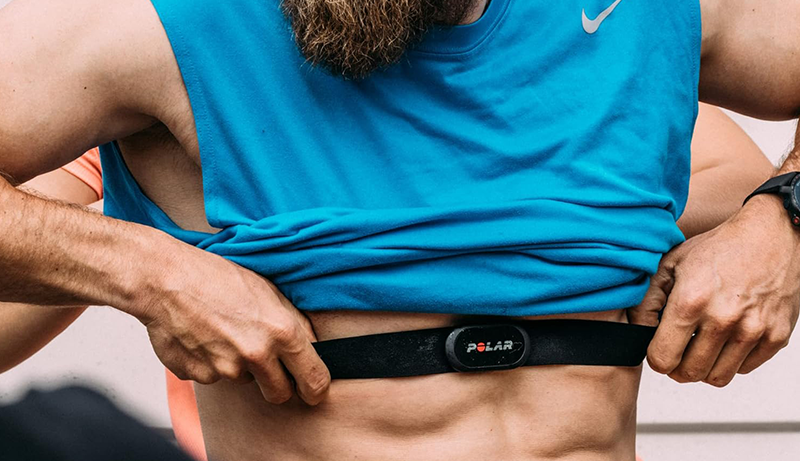
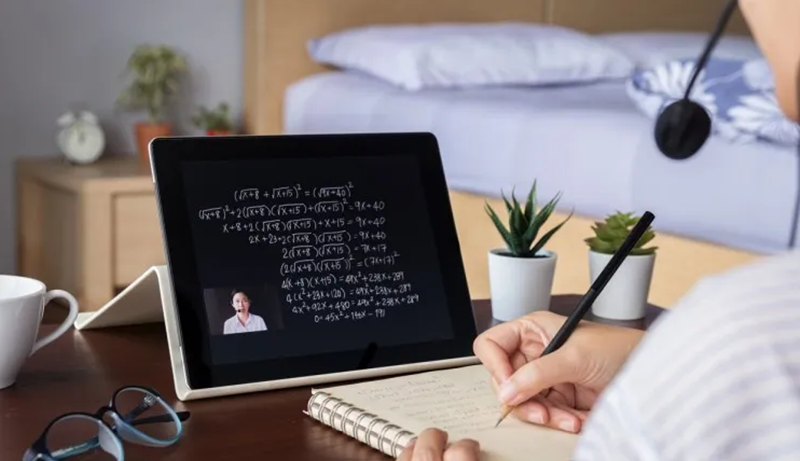
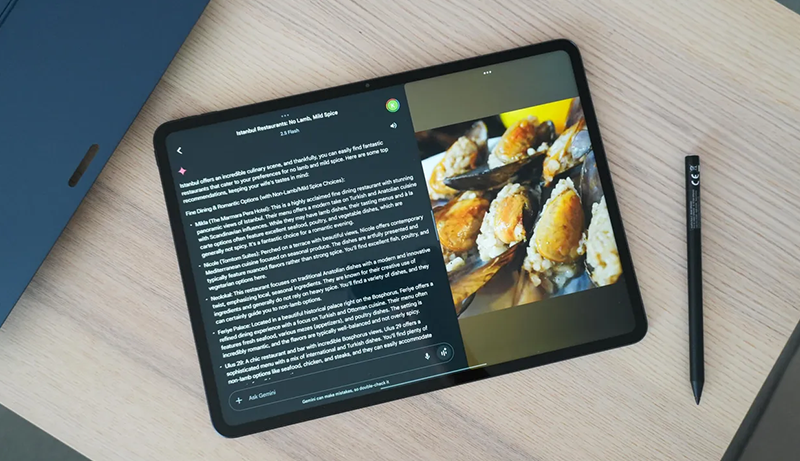

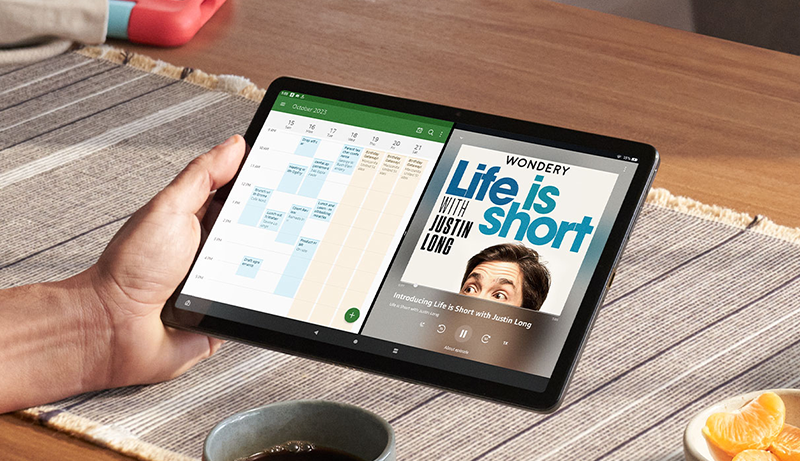
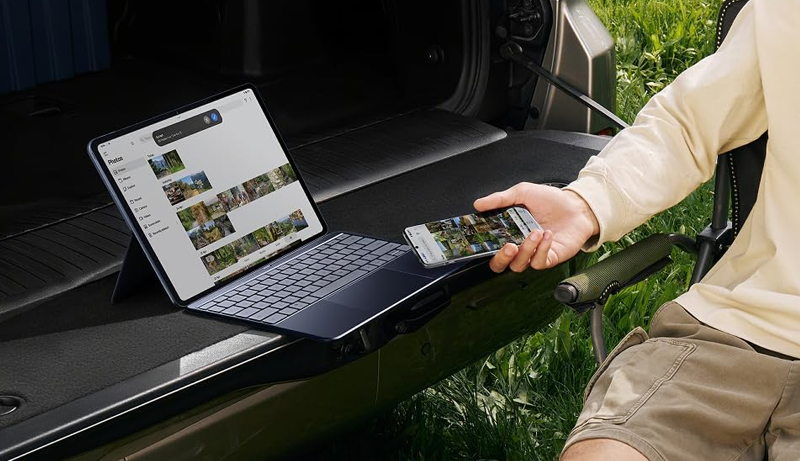
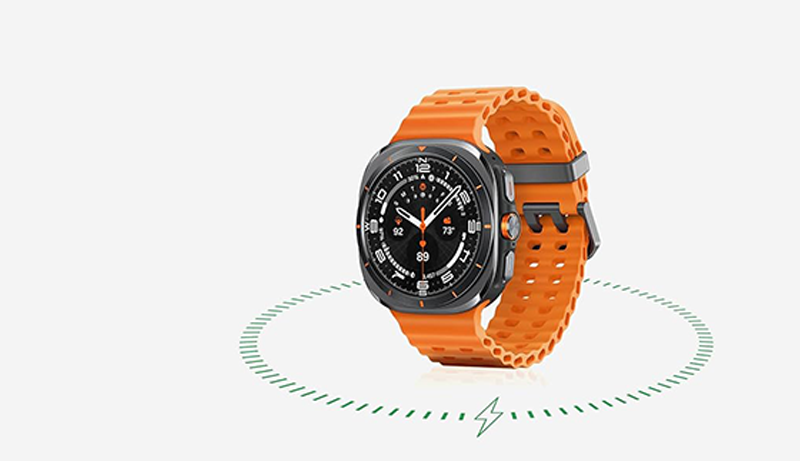
Leave a Reply